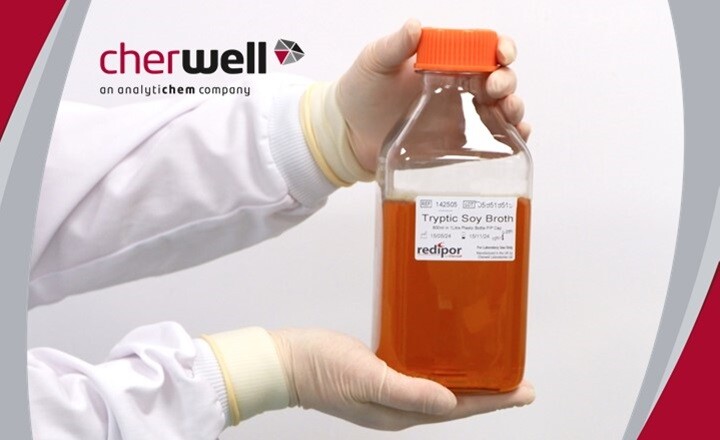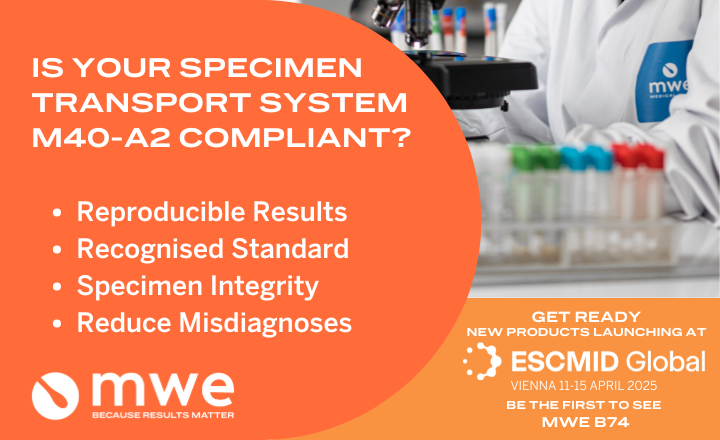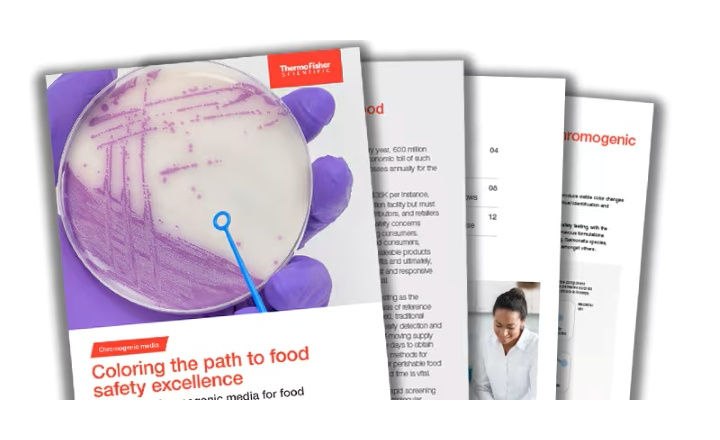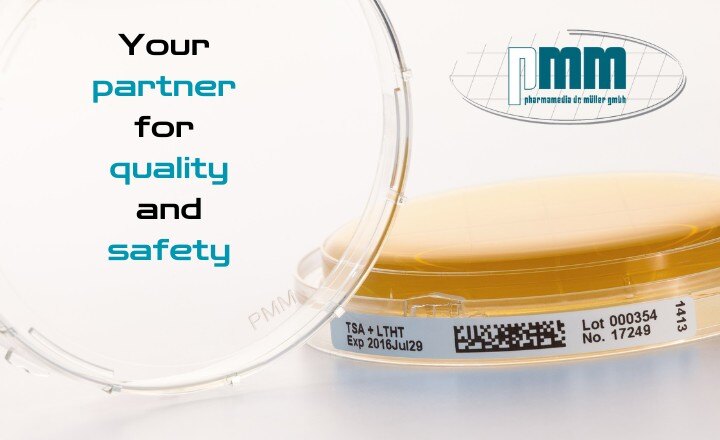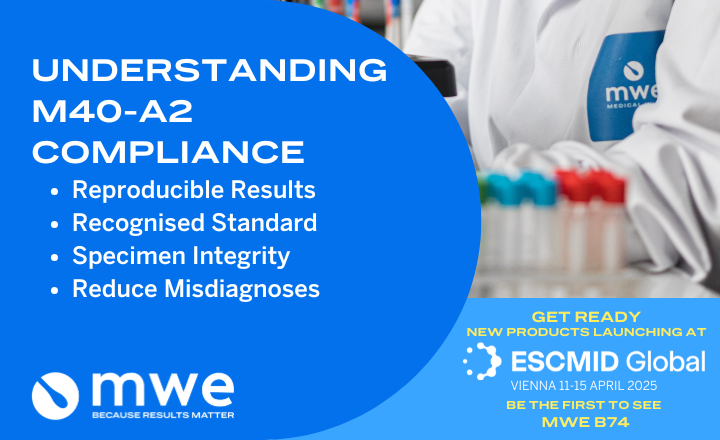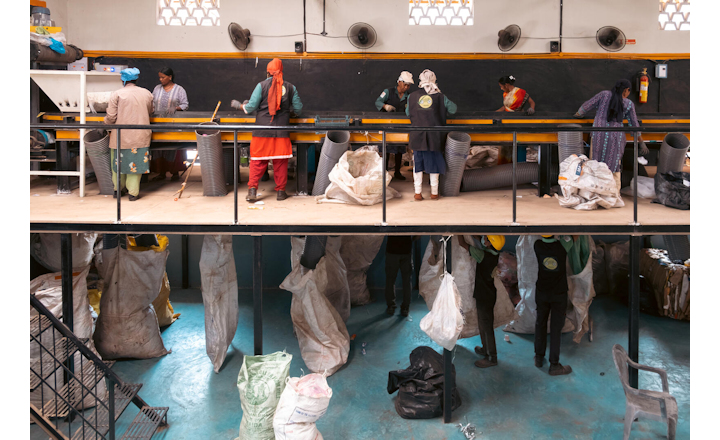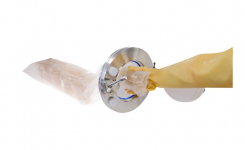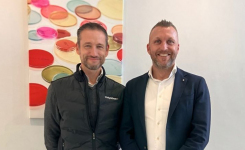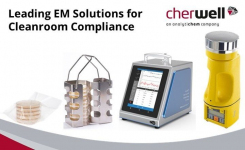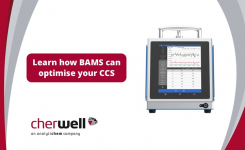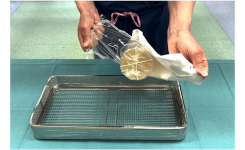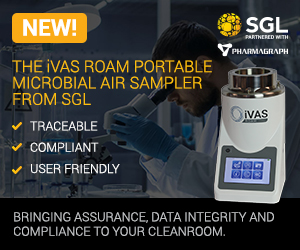- Cost benefits of plastic bottles: Cherwell's plastic bottles reduce breakage risk, wastage, and impact of transportation
- Enhanced usability: bottles' square shape and GL-45 compatible opening improve handling, storage efficiency, and simplify sterility tests
- Positive test results: Drop test demonstrates plastic bottles' robustness
- Sterilisation challenges overcome: Cherwell invests in new autoclave capacity to ensure plastic bottles maintain integrity and meet sterilisation standards
Cherwell, cleanroom microbiology solutions expert, has introduced a new Redipor® Plastic Bottle prepared media range in response to a request from a large pharmaceutical company for support in meeting its sustainability targets. The new terminally sterilised plastic bottled media products have been developed and launched by Cherwell to offer a more environmentally friendly and cost-effective alternative to glass bottled media for use in sterile pharmaceutical manufacturing.
Recycling plastic requires much less time and energy compared to glass. Glass requires around 900°C of heat to melt and recycle, whereas plastic has a lower temperature requirement of approximately 200°C. This ‘carbon expense’ of glass is a key reason for adopting the use of plastic in aseptic manufacturing environments; as in some regions, such as Scandinavia, this is considered a major factor to supporting the drive towards the United Nations 17 Sustainability Development Goals.
Available in 250mL and 1L sizes, the new Redipor plastic bottled products are made from materials that meet USP Class VI requirements and presented in a 45mm, wide-mouth format with a square-base. This facilitates sterility testing applications and makes them strong with a high shatter resistance, plus easier to handle, pack and store. Not only does this minimise waste from breakage, but also transportation costs as they are tougher and weigh less than glass. These factors further support sustainability initiatives.
Wan Li Low, Microbiology Product Specialist at Cherwell, explained how glass can be more carbon expensive than plastic, “A consumable’s overall carbon footprint is influenced by many factors, such as the material used, manufacturing processes, weight, transportation, recycling, reusability, and end-of-life disposal. So, although it’s often thought of as a sustainable material due to its recyclability, glass is in fact carbon expensive to manufacture, distribute, and recycle. Whereas, when considering its entire lifecycle from production to recycling, plastic actually presents a lower carbon footprint, which has been shown by recent studies 1.”
View the video interview below to hear a discussion about the product development of the new Redipor plastic bottle media range following a customer request from one of the largest pharmaceutical companies in Denmark.
Cherwell offers a variety of bottled media products for sterile processing applications including sterility testing, as well as operator and process validation. All prepared bottled media products are manufactured and terminally sterilised within Cherwell’s cleanroom facility. They are subject to stringent quality checks and QC certified.
Reference:
1. Glass bottles amongst the most environmentally impactful says Southampton study (2020).


